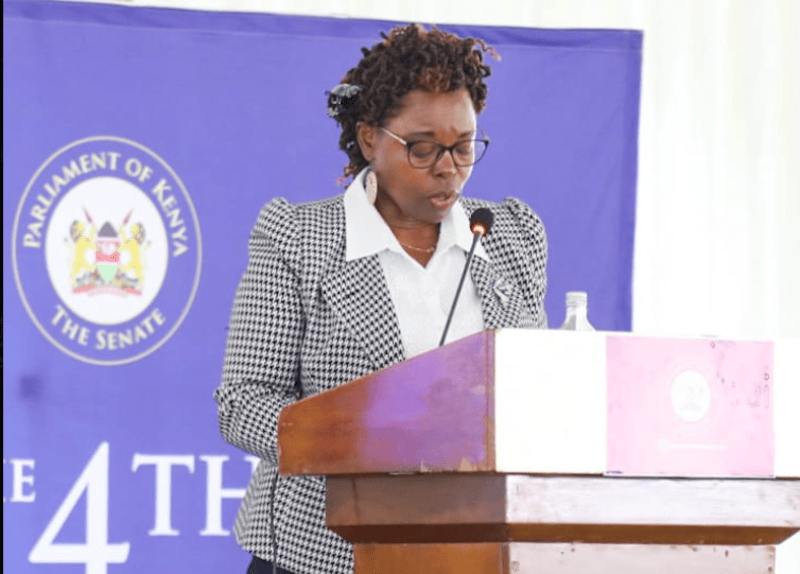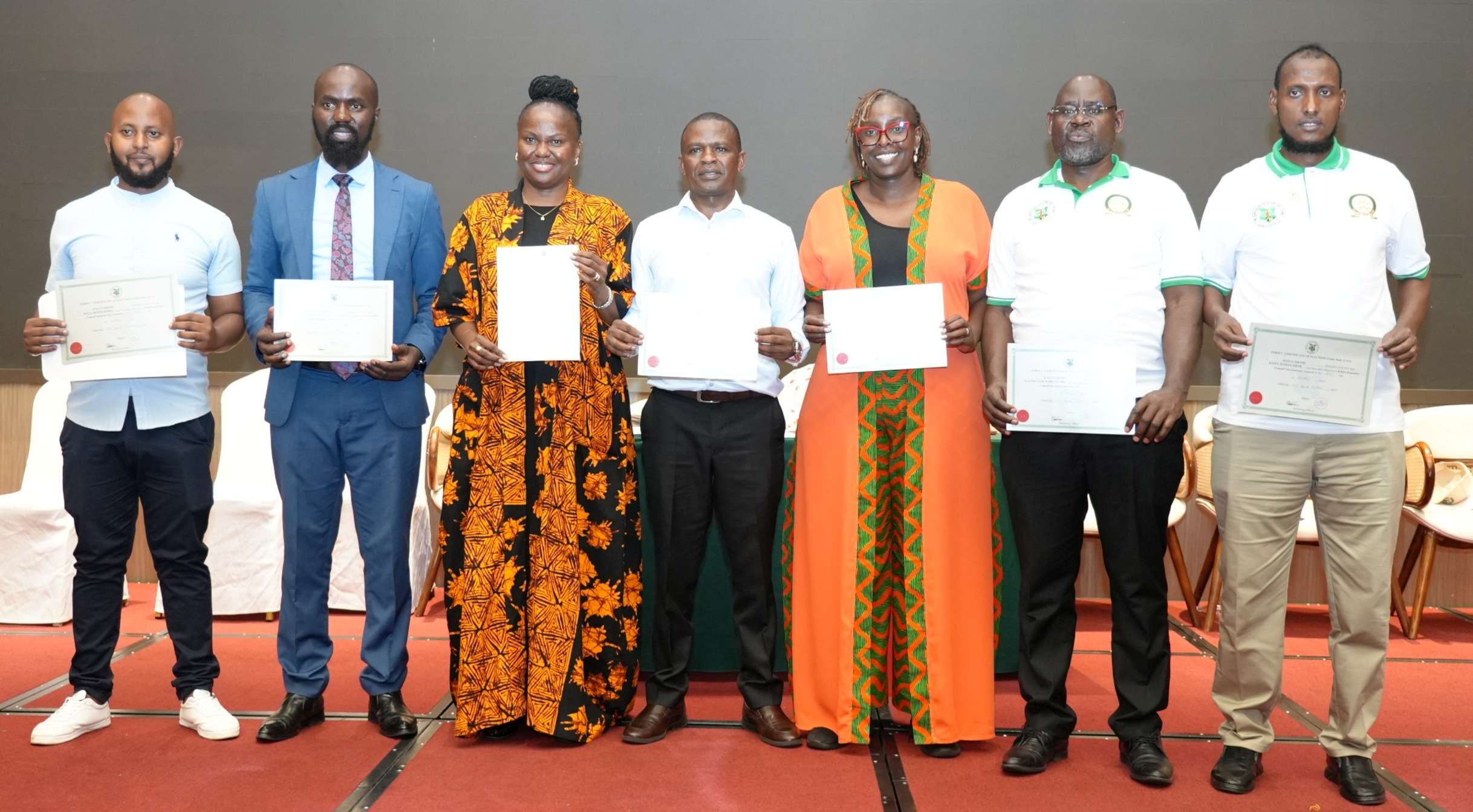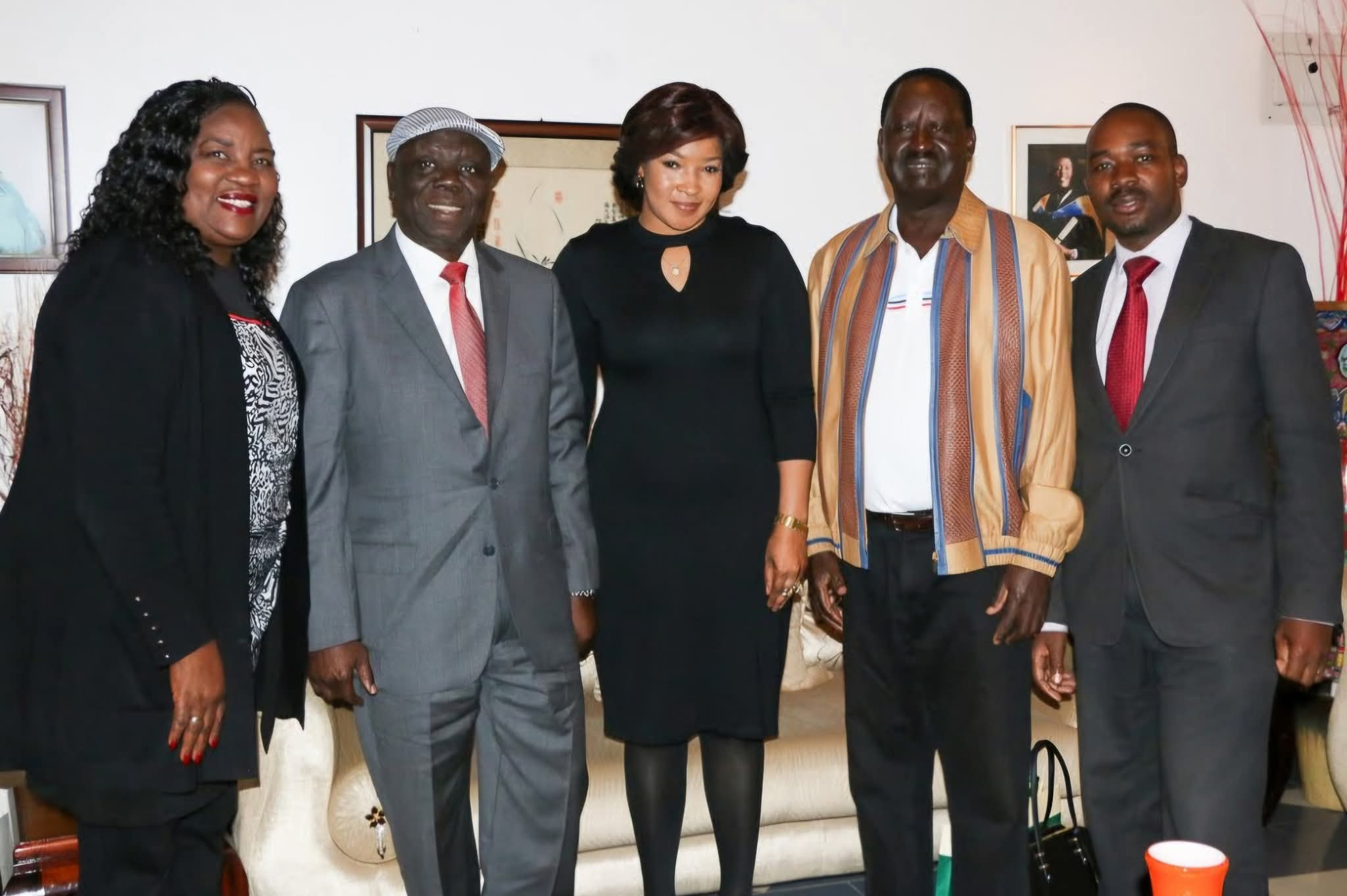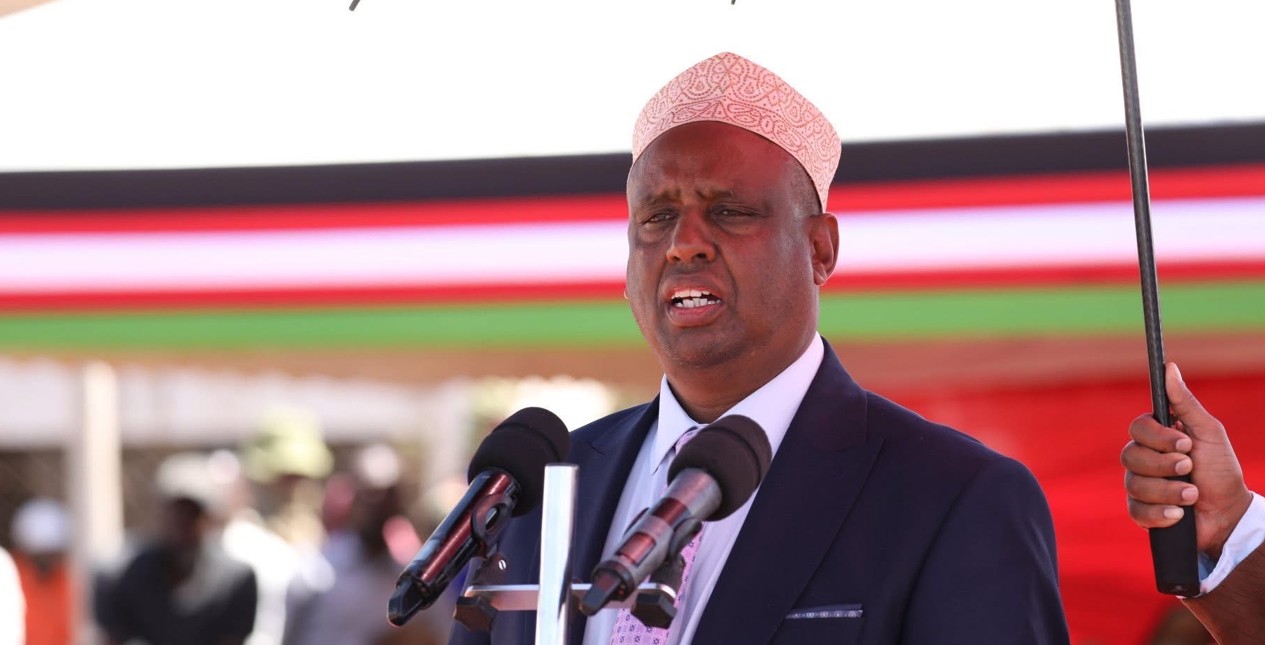Counties paid Sh15.8bn to ghost workers, Controller of Budget reveals

In response, senators vowed to engage more closely with governors to ensure that the Auditor-General’s and Controller of Budget’s recommendations are implemented to address the financial mismanagement in the counties.
The Controller of Budget Margaret Nyakang’o has disclosed that counties spent Sh15.8 billion on non-existent employees in the 2023/2024 financial year, bypassing the legal system meant to track such expenditures.
Nyakang’o claimed the move was intentional, as the payments were processed manually circumventing the Integrated Financial Management Information System (IFMIS) to avoid scrutiny by auditors.
More To Read
- Government considering closing schools implicated in fraud, ghost student enrolment – CS Ogamba
- Senators push for real-time access to county bank accounts amid Auditor-General warnings
- CoB Nyakang’o warns counties over heavy reliance on hospital fees, urges revenue diversification
- Nyakang’o blasts counties over Sh125 billion revenue arrears, calls for urgent action
- 16 counties on the spot for failing to pay staff despite receiving full Treasury funds
- County own-source revenues under pressure as Siaya posts lowest performance
“The Sh15.8 billion was processed manually, and I can tell you the bulk of it went to paying ghost workers,” she said during the midterm retreat for senators in Naivasha.
Nyakang’o also criticised counties for ignoring budget ceilings, particularly in the construction of lavish residences for governors, deputy governors, and county assembly speakers.
Despite clear guidelines from the Salaries and Remuneration Commission (SRC), the CoB said counties have been spending up to three times the recommended budget limits for these buildings.
“If you go to the counties, you will find that what is being spent on these mammoth buildings is three times what is provided, which makes you wonder what purpose they serve,” she said, pointing to the discrepancies between the SRC’s spending caps and actual expenses.
The SRC guidelines set a maximum of Sh45 million for the governor’s residence, Sh40 million for the deputy governor’s, and Sh30 million for the county speaker’s house.
In addition to the misuse of funds, Nyakang’o highlighted that 38 counties failed to meet the legal requirement of spending at least 30 per cent of their budgets on development, with Nairobi (10.03 per cent), Kisii (13.7 per cent), and Mombasa (16.2 per cent) among the worst offenders.
“It is illegal not to meet the 30 per cent threshold; the court had even ruled on this. If you are not spending on development, you are killing devolution,” she said.
Nyakang’o also pointed out that counties only managed to raise Sh58.9 billion in own-source revenue in the previous financial year, representing 73 per cent of the targeted amount.
Nyamira Senator Okong’o Omogeni expressed shock at the scale of financial mismanagement, questioning the lack of accountability in the country.
“Listening to the Controller of Budget and the Auditor-General, it’s as if Kenya has been turned into a criminal enterprise. Where is the problem? Is it that you don’t back up your reports with facts, that the EACC is not acting, or that the DPP doesn’t want to prosecute? Where exactly does the buck stop?” he posed.
Nyakang’o also lamented that her office had been subjected to significant budget cuts, hampering its capacity to perform its duties effectively.
“Every year, my budget is cut. Right now, I have such a small budget that I cannot even travel, let alone my staff,” she said, noting that her request for Sh1.6 billion for the current year was reduced to just Sh702 million.
“I have a staff of 158, so the budget cannot do much in terms of carrying out our functions,” she added, calling on the Senate to support amendments to the Controller of Budget Act to grant her office more powers to track county expenditure.
Homa Bay Senator Moses Kajwang backed Nyakang’o’s call for better funding, stating that the Senate must push for the approval of constitutional office budgets to ensure accountability.
“If the Controller of Budget asks for Sh1.6 billion and she only gets Sh700 million, how is she supposed to work? We must assert ourselves as the Upper House and demand that the Senate approves the budgets of all constitutional offices,” he said.
Kitui Senator Enock Wambua echoed this sentiment, calling for the Senate’s involvement in budget-making and the approval of budgets for oversight institutions such as the Controller of Budget and the Auditor-General.
Nyakang’o also revealed that her office does not have the authority to directly access county bank accounts to monitor spending.
“I have tried to access county bank accounts, but I was denied. At the moment, I have to beg counties to let me see their accounts. I can only do so after the Auditor-General has audited them, but that may not help much,” she said.
Auditor-General Nancy Gathungu informed senators that her office had already submitted 2,035 reports from county governments, detailing financial irregularities.
“You have a lot of work to do when you resume; all the reports are with you,” she said, urging senators to act on the findings.
In response, senators vowed to engage more closely with governors to ensure that the Auditor-General’s and Controller of Budget’s recommendations are implemented to address the financial mismanagement in the counties.
Top Stories Today












































